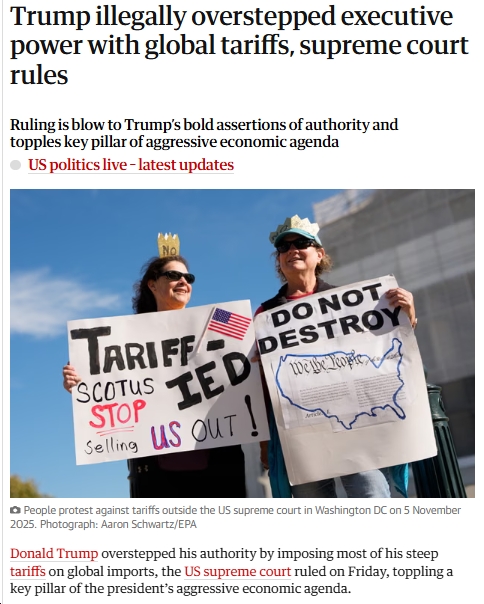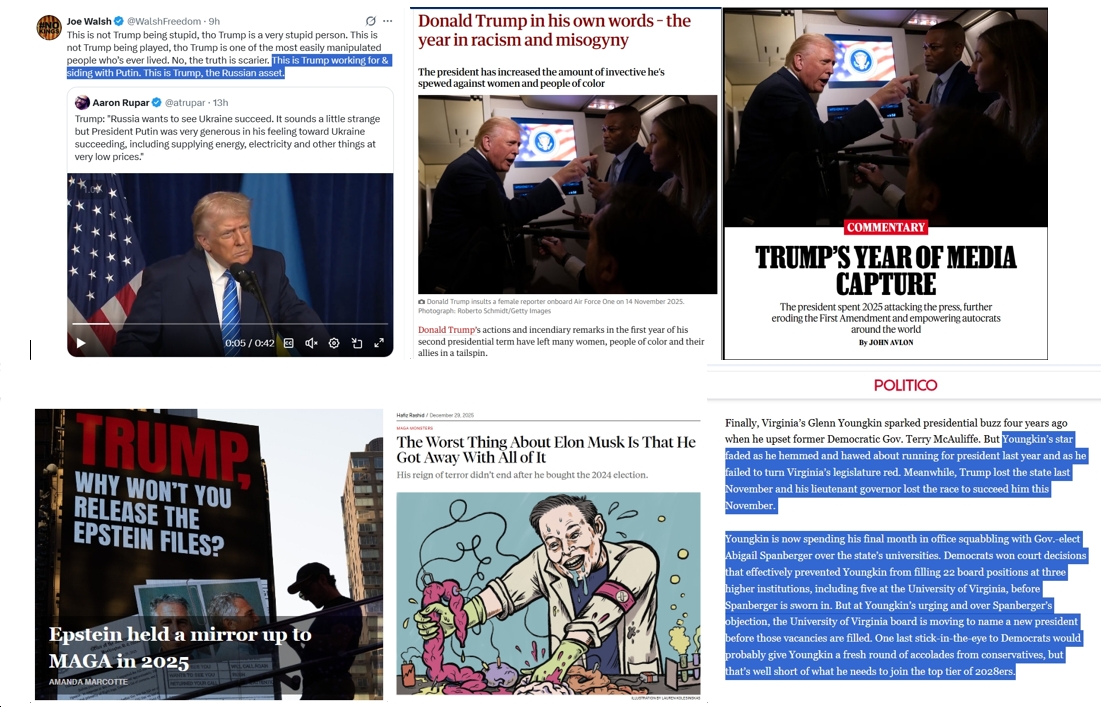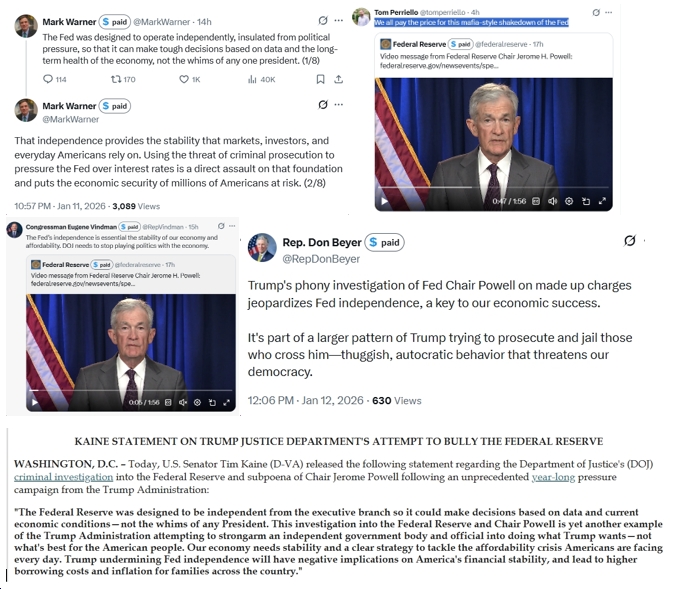As you watch the following video of Del. Sally Hudson (D-Charlottesville) rebutting hard-right Del. Nick Freitas (R-Culpeper) on the minimum wage supposedly hurting workers, keep in mind that Del. Hudson is a labor economist with a PhD in economics from MIT, a BA in economics from Stanford, and is an Assistant Professor of Public Policy at the University of Virginia. So obviously, Hudson knows what she’s talking about on this subject. With that, enjoy, as Del. Hudson takes Del. Freitas to “school,” so to speak. 🙂
Del. Hudson: “…in the last 40 years we know that the hourly productivity of American workers has grown four times faster than their hourly wage. So…I would ask the delegate, how would he explain why he clings to a simple competitive model of the labor market in the face of that evidence to the contrary?”
Del. Freitas: “Every time you mandate another requirement, every time you assume for yourself the right to negotiate on behalf of the people seeking the job, you are essentially cutting back from what they can potentially get in real wages…I think it’s somewhat arrogant for us to assume that we should negotiate on their behalf, especially to the point where we’re essentially engaging in price fixing within the labor market and telling someone that wants a job, that may need a job, that may have found a job, they’re not allowed to have it unless we’ve approved of what their wage is going to be.”
Del. Hudson: “It’s not the Book of Matthew that tells us why the minimum wage doesn’t hurt low-wage workers. It’s the book of Joshua and of David. Not the prophets, but Joshua Angrist and David Card. They were awarded the Nobel Prize in economics last year for 30 years of work establishing that the predictions that raising the minimum wage lowers net income from low-wage workers just don’t pan out in practice…Dr. Angrist was my thesis advisor at MIT, and what he taught me is that you need a little bit more than Economics 101 to understand the consequences of a policy like this for the people we serve. You see, Bio 101 isn’t enough to make a doctor, and you can’t build a bridge with Physics 101 alone. So too with economics. There is friction and inertia and leverage in a tug of war between business owners and workers and the customers they serve, and sometimes in the face of a noncompetitive market, there is scope for government to intervene and level the playing field and generate gains for the greater good of all…Now that I’m both a preacher’s kid and a professor of economics, I understand even better that that simple belief that raising the minimum wage hurts workers is an article of faith, not an economic fact.”
And with that…Game, Set, Match: Sally Hudson!


![Saturday News: “Trump’s latest tariff TACO probably won’t make your life more affordable”; “The Epstein Email Cache: 2,300 Messages, Many of Which Mention Trump”; “[MTG] questions if Trump is still the ‘America First’ president”; “Jim Ryan tells all: ‘What did the Governor know, when did he know it?’”](https://bluevirginia.us/wp-content/uploads/2025/11/montage1115.jpg)
![Wednesday News: “The Grand Opening of an American Concentration Camp”; Trump Threatens to Arrest Mamdani; “Poorest Americans Would Be Hurt By Trump’s Big Bill”; [VA] GOP nominees share stage, but not unity”; “Hoos your daddy, Virginia?” (Not Youngkin)](https://bluevirginia.us/wp-content/uploads/2025/07/montage0702.jpg)













